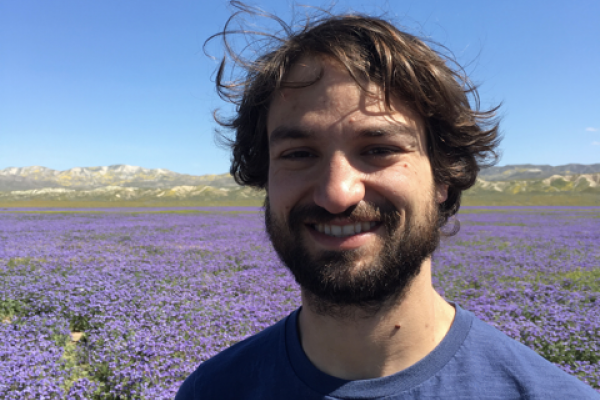
In this seminar I will focus on new approaches in the search for long-lived particles at the LHC. First, I will present the results of a search that, for the first time, uses the timing capabilities of the CMS detector to identify “delayed" jets from displaced decays. The full power of the 137 fb-1 dataset of 13 TeV pp collisions is exploited to achieve sensitivity to signatures that are uncovered by traditional approaches. I will then discuss new ideas for achieving sensitivity to long-lived signatures with CMS including extensions to the use of timing, new uses of the CMS muon system and dedicated triggers for the upcoming runs of the LHC. Finally, I’ll look beyond the general purpose detectors, using the proposed milliQan experiment, designed to search for milli-charged particles at the LHC, to highlight possibilities with new dedicated detectors.
